Uganda
Observers and political analysts in Uganda deem a petition seeking nullification of President Yoweri Museveni’s disputed re-election last month as important.
The petition was dismissed by the country’s Supreme Court on Thursday despite the opposition forwarding evidence showing widespread irregularities.
The judgement was made by nine justices and the head of the Supreme Court, Bart Katureebe read out the ruling.
“Having met due inquiry into the petition, and on the basis of our finding set out in the judgement, we hereby declare that the first respondent was validly elected as president in accordance with article 104 of the constitution and section 59 of the presidential electoral act. Accordingly, this petition is dismissed we make no orders to post,” he said.
The ruling had been widely expected by political observers and the opposition in a country where the judiciary is frequently accused of bias toward the incumbent, but some analysts said the process was necessary.
“This petition was not about the possibility of winning, because it was impossible to win. This petition was about putting on the record in this country what happened. Many Ugandans believe for example that the 1980 elections were rigged but if you asked them how they were rigged nobody has the idea and yet there is mere consensus that, that election was rigged, people cannot say how it was rigged because nobody went to court, nobody challenged the process, nobody documented the process,” said Nicholus Opio, a lawyer at Chapter Four.
Nicholus is now calling on major reforms to be done at the supreme level to win back the trust of Uganda’s people.
“What has to be done now is they have to embark on a political process to ensure an overhaul of an obviously biased and weak system that is unable to deliver a free and fair election in this country. If we don’t reform that system, if we don’t engage in electoral reforms, we will still have the same problems reoccurring. You have a head of state with a lot of advantage over other candidates; we have a head of state that has access to state resources and state institutions to further his campaign during campaigns. We need to reform those laws to plug those loop holes and that is going to be a political process not a legal process.”
Amama Mbabazi, who came third with less than 2 percent of the votes, appealed to the court on March 1. He cited delays in delivering ballot materials, improper supervision of voting, bribery and interference by security forces which he said had tainted the outcome.
“My point is that, yes, the ruling has come, we go by that, obviously, but the ruling is, we have dismissed the petition because we don’t have evidence and I am going to give you the evidence not in court but elsewhere,” said Mbabazi.
This is the third time after 2001 and 2006 that the country has witnessed the opposition battle it out in court over election malpractice.




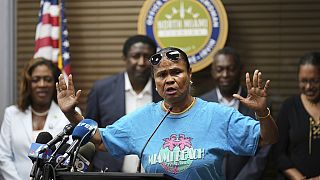

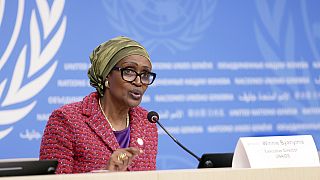
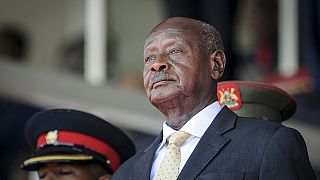
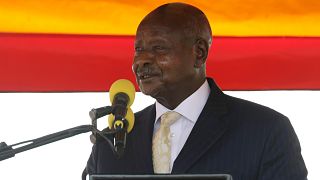
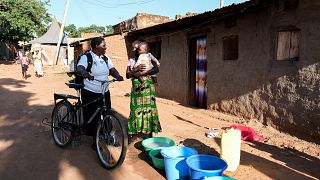


01:45
From Uganda to NYC: Zohran Mamdani's rise in American politics
01:22
Ugandan-born Zohran Mamdani declares victory in New York Democratic mayoral primary
Go to video
World Bank resumes Uganda loans after anti-gay law freeze
11:18
Africa Day: AU renews call for reparative justice {Business Africa}
00:59
Kony Case: ICC hearing over Ugandan rebel leader to proceed in absentia
02:44
Clay-based flooring initiative aims to give Ugandans access to cheaper, cleaner housing